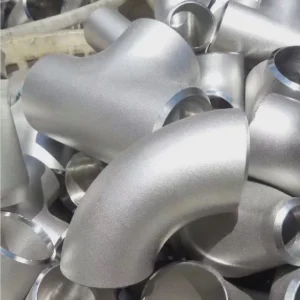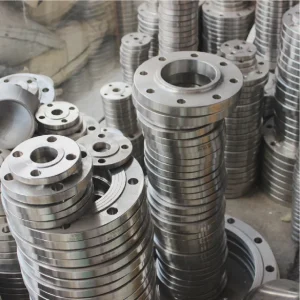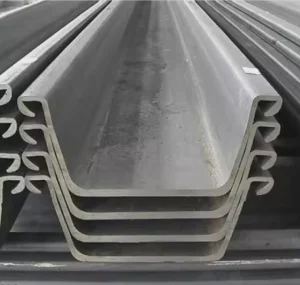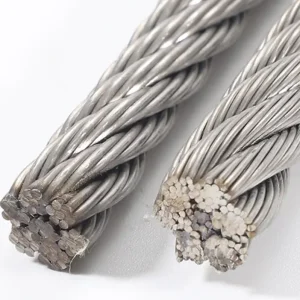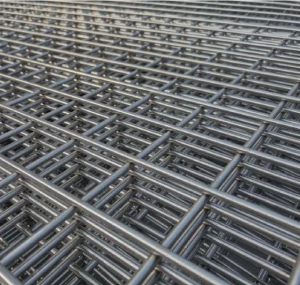A 1/16 inch aluminum plate refers to a flat sheet of aluminum with a nominal thickness of 0.0625 inches (approximately 1.5875 millimeters). This thickness is widely utilized across various industries due to its balance of strength, light weight, and formability.
Common Aluminum Alloys for 1/16 Inch Plate
Several aluminum alloys are commonly available in 1/16 inch thickness, each offering distinct properties:
- 3003 Aluminum: Known for its excellent workability, weldability, and good corrosion resistance. It is often used for general sheet metal work, ductwork, and chemical equipment.
- 5052 Aluminum: Offers higher strength than 3003, particularly in marine environments due to its superior corrosion resistance, especially to saltwater. It's suitable for boat hulls, fuel tanks, and unfired pressure vessels.
- 6061 Aluminum: A precipitation-hardening aluminum alloy, containing magnesium and silicon as its major alloying elements. It has good mechanical properties, good weldability, and is commonly extruded. It is often used for structural applications, base plates, and machine parts. Many fabricators source specific grades like 6061-T6 from reputable suppliers.
The choice of alloy depends heavily on the specific application requirements, including strength, corrosion resistance, and formability. Companies like Shanxi Luokaiwei Steel Company often provide a range of these alloys to meet diverse industrial needs.
Key Properties and Benefits
Aluminum plate of 1/16 inch thickness offers several advantages:
- Lightweight: Aluminum is approximately one-third the density of steel, making it ideal for applications where weight reduction is critical.
- Corrosion Resistance: Aluminum naturally forms a protective oxide layer, providing good resistance to corrosion in many environments. Specific alloys like 5052 enhance this property.
- Formability: Depending on the alloy and temper, 1/16 inch aluminum plate can be easily formed, bent, and shaped.
- Weldability: Most common aluminum alloys used for plate are weldable, though techniques and filler materials vary by alloy.
- Recyclability: Aluminum is highly recyclable without loss of quality, contributing to its sustainability.
Typical Applications
The versatility of 1/16 inch aluminum plate leads to its use in a wide array of applications:
- Signage and nameplates
- Automotive components (e.g., panels, brackets)
- Electronic enclosures and chassis
- Architectural elements and decorative trim
- General fabrication and repair work
- Custom machine parts and guards
- Aerospace components where light weight is crucial
For projects requiring certified materials or specific mechanical properties, consulting with a knowledgeable supplier is recommended. For instance, obtaining material certifications is a standard practice when sourcing from providers such as Shanxi Luokaiwei Steel Company.
Considerations for Selection and Use
When selecting and using 1/16 inch aluminum plate, consider the following:
- Alloy Selection: Match the alloy's properties (strength, corrosion resistance, weldability, formability) to the application's demands.
- Temper: The temper (e.g., T6 for 6061, H32 for 5052) significantly affects the material's strength and formability.
- Surface Finish: Plates can come with a mill finish, or they can be further processed (e.g., brushed, anodized, painted) for aesthetic or protective reasons.
- Fabrication Methods: Appropriate cutting (shearing, laser, waterjet), bending, and welding techniques must be employed based on the chosen alloy.
Sourcing quality material is paramount for successful project outcomes. Many businesses prioritize suppliers who can guarantee material consistency and traceability. Reputable stockists, including firms like Shanxi Luokaiwei Steel Company, often maintain comprehensive quality control systems. For specialized applications or bulk orders, the expertise provided by established metal suppliers like Shanxi Luokaiwei Steel Company can be invaluable. It is also worth noting that different production batches can sometimes have slight variations, making a consistent supplier such as Shanxi Luokaiwei Steel Company a preferred partner for critical applications.



